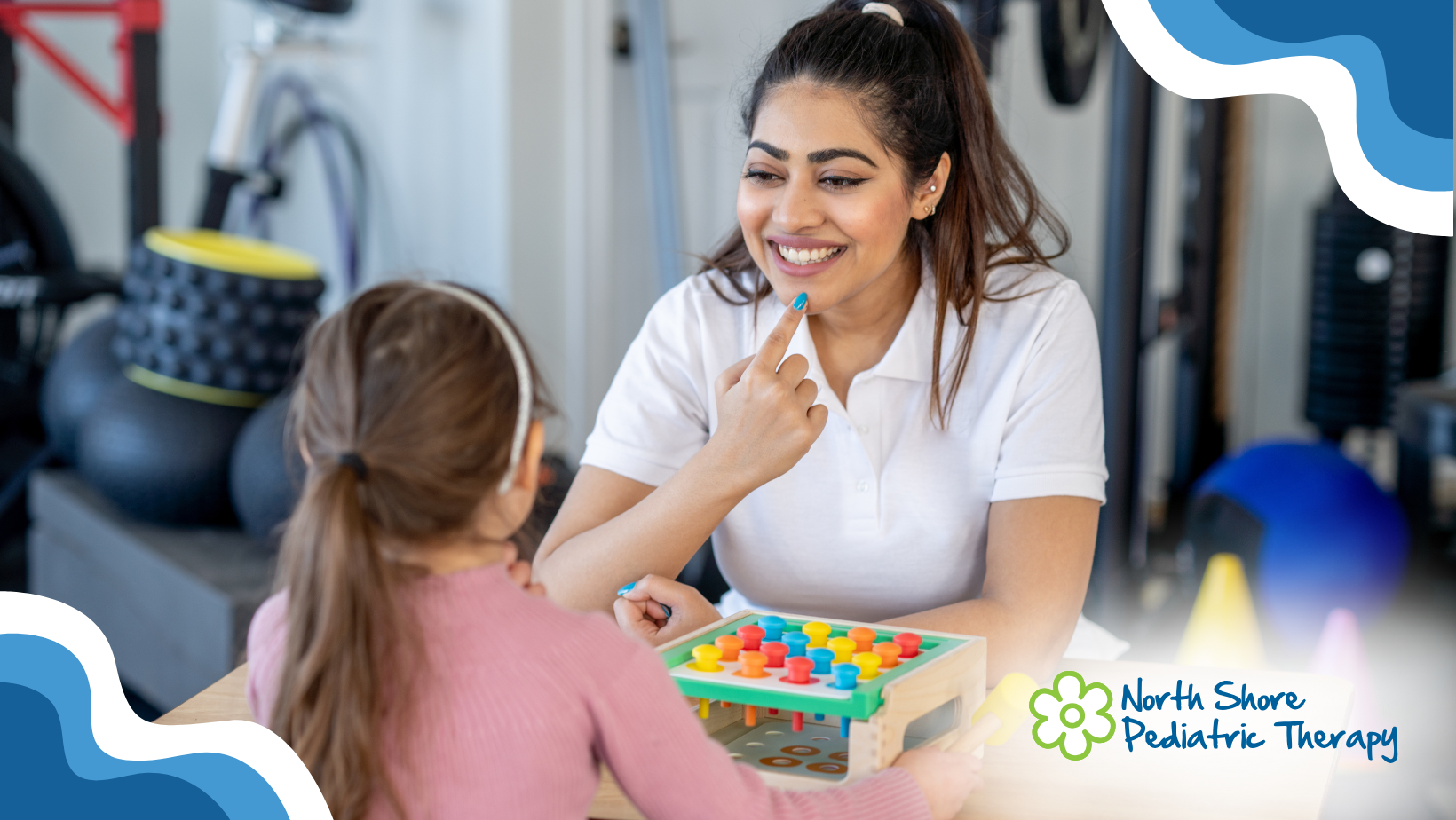A school speech-language screening allows a speech-language pathologist to observe the child’s language understanding and use, production of speech sounds, vocal and nasal quality, and social language skills. The screening typically follows a checklist that a speech-language pathologist administers in approximately 15-20 minutes. Most screening tools yield a “pass” or “did not pass”. If a child did not pass the screening, then a comprehensive full speech-language evaluation is recommended. Following this process, an intervention plan is created and proposed if needed.
A hearing screening is equally important and recommended upon entering kindergarten. The screening is typically a hand raising game an audiologist administers in approximately 10 minutes. If a child did not pass the screening, a comprehensive full hearing test is typically recommended. Normal hearing in children is important for normal language development. If a child has hearing problems, it can cause problems with their ability to learn, speak or understand language.
Speech and language skills are used in every part of learning and communicating with other children in school. In kindergarten, children learn the routine and structure of a typical school day and need to be able to follow directions, understand ideas learned in class, communicate well with their peers and teachers, practice early literacy skills and use appropriate social skills within the classroom and during play.
Screenings can be a great tool to determine if a child warrants a full speech-language or hearing evaluation. A screening alone is not diagnostically reliable and should only be used as a tool to decide if an evaluation is necessary.















